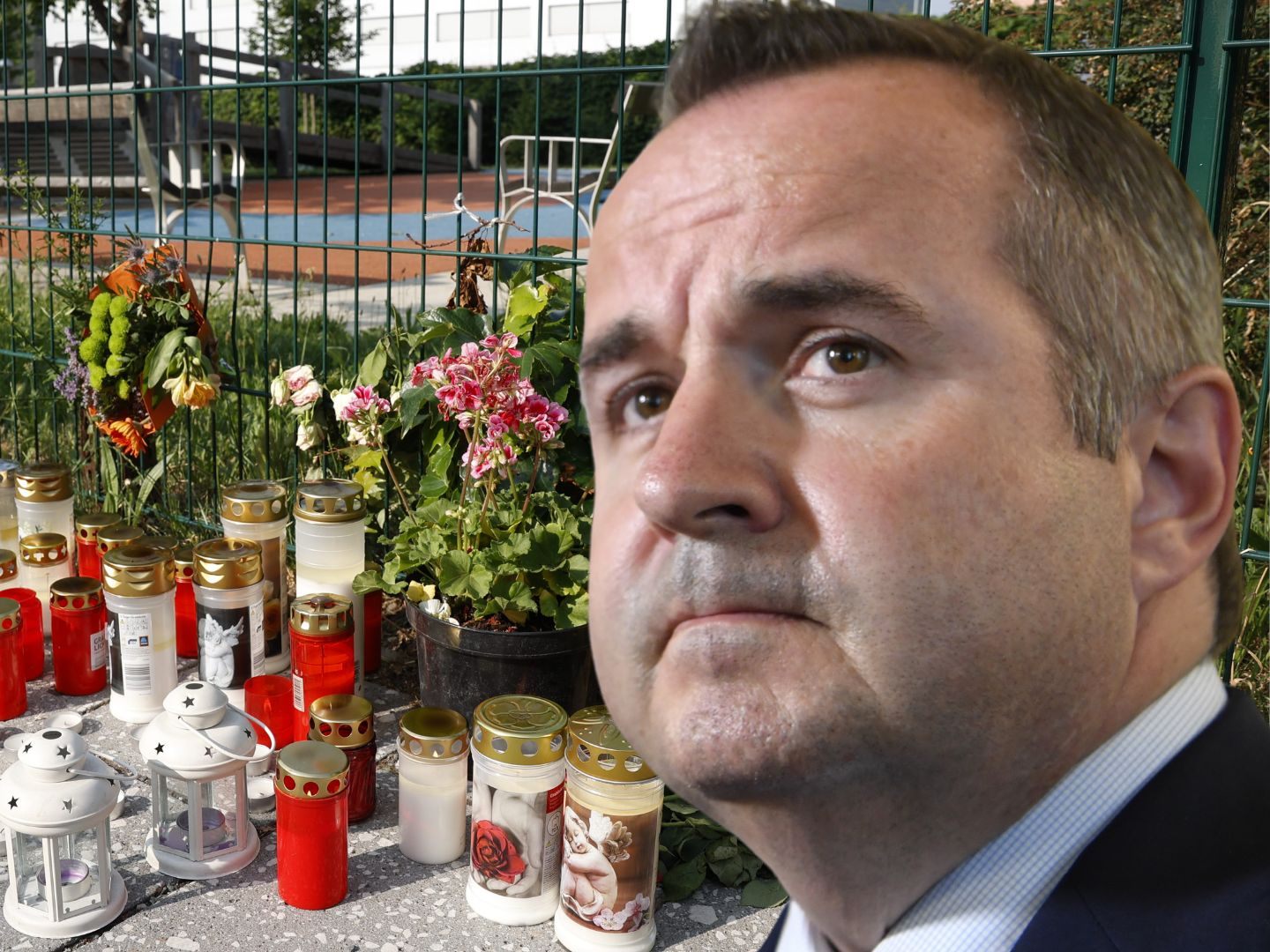Experts: This is the State of Security in Schools

Two days after a 21-year-old's rampage at his former school in Graz, the chief teachers' union representative Paul Kimberger (FCG) warns against starting a hasty discussion about school safety in search of simple solutions. "There are none." Now is still the time "to express condolences." Wolfgang Bodai, spokesperson for the BHS directors, also stated in an interview with APA: "Unfortunately, you can never prevent something like this."
Simple solutions for school safety "do not exist"
Federal school spokesperson Mira Langhammer also expressed skepticism in the APA interview about whether stricter security measures would change anything. For her, the right approach would be to first take care of the students. "As long as people are in the hospital in intensive care, we don't need to discuss whether we should place police officers in front of the school or set up metal detectors." The rampage has certainly affected the sense of security for many students. "It just feels different now to go to school."
Additional precautions such as turnstiles or security at the entrances are "not bad in principle," according to Bodai, but the question is how feasible it is. With the current staff, students would not arrive in time for class. Especially at large schools and particularly in the morning when many students arrive at the same time, it is currently "almost impossible to single someone out."
Awareness instead of technical measures
Kimberger is not in favor of measures that are common in some schools in the USA and other European countries: "The question is whether we want armed security personnel installed at our schools, entrance barriers, etc. All these measures will probably not be able to prevent such a madness."
The more sensible approach is to make students aware of who is in the school building, emphasized Bodai. "If someone stands out in a strange way, reporting them is a more feasible approach than sealing everything off." He also views overly strict measures skeptically: "Do I want a prison or hermetically sealed building or an 'open' learning environment?"
In any case, one must consider how to make schools even safer. This includes the question: "Do we have the resources to help children and adolescents who seem to be lost, to bring them back?" said Kimberger. Austria is at the bottom in Europe when it comes to psychosocial support staff.
Modern Schools Are Safer
For Bodai, safety also depends on "how modern or up-to-date a school is equipped." In school buildings that have been renovated in the last 20 years, "panic handles" are common, meaning doors that are locked from the outside but can be opened from the inside at any time. Since one must always be able to leave the school building in an emergency, doors without these handles must remain open. During the day, it is the only sensible measure to keep the school locked.
Behavior in Emergencies Always a Topic
At individual schools, there are crisis plans aimed at different situations, Kimberger emphasizes. These will need to be brought back into focus in the future. "We will have to deal with how to quickly evacuate a school." The question of how to barricade a classroom must also be asked "after the period of mourning."
In Vienna, there is a specific decree for crisis situations in schools, ranging from deaths to sexual assaults to suicide attempts. "Yesterday afternoon, a letter was sent to school principals as a contribution to raising awareness and reflecting on existing emergency plans," said the education directorate to the "Kurier." In principle, schools can also take further security measures in consultation with school quality managers.
During the annual fire drills at the school in Graz, where the rampage took place, various scenarios were repeatedly discussed, said Deputy Director Norbert Urabl to ZiB2 on Wednesday. Students regularly ask what to do in the event of a rampage. "And many instinctively did the right thing."
(APA/Red)
This article has been automatically translated, read the original article here.





